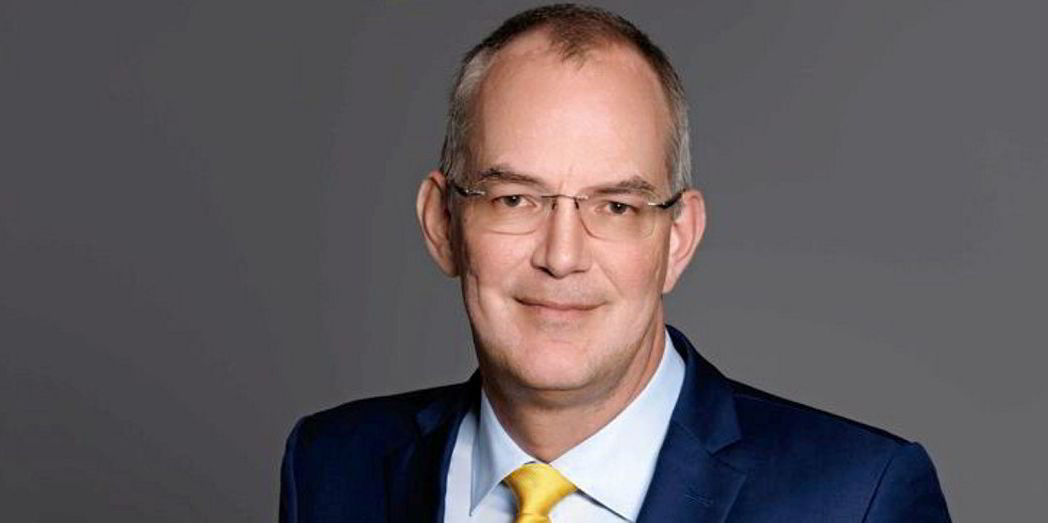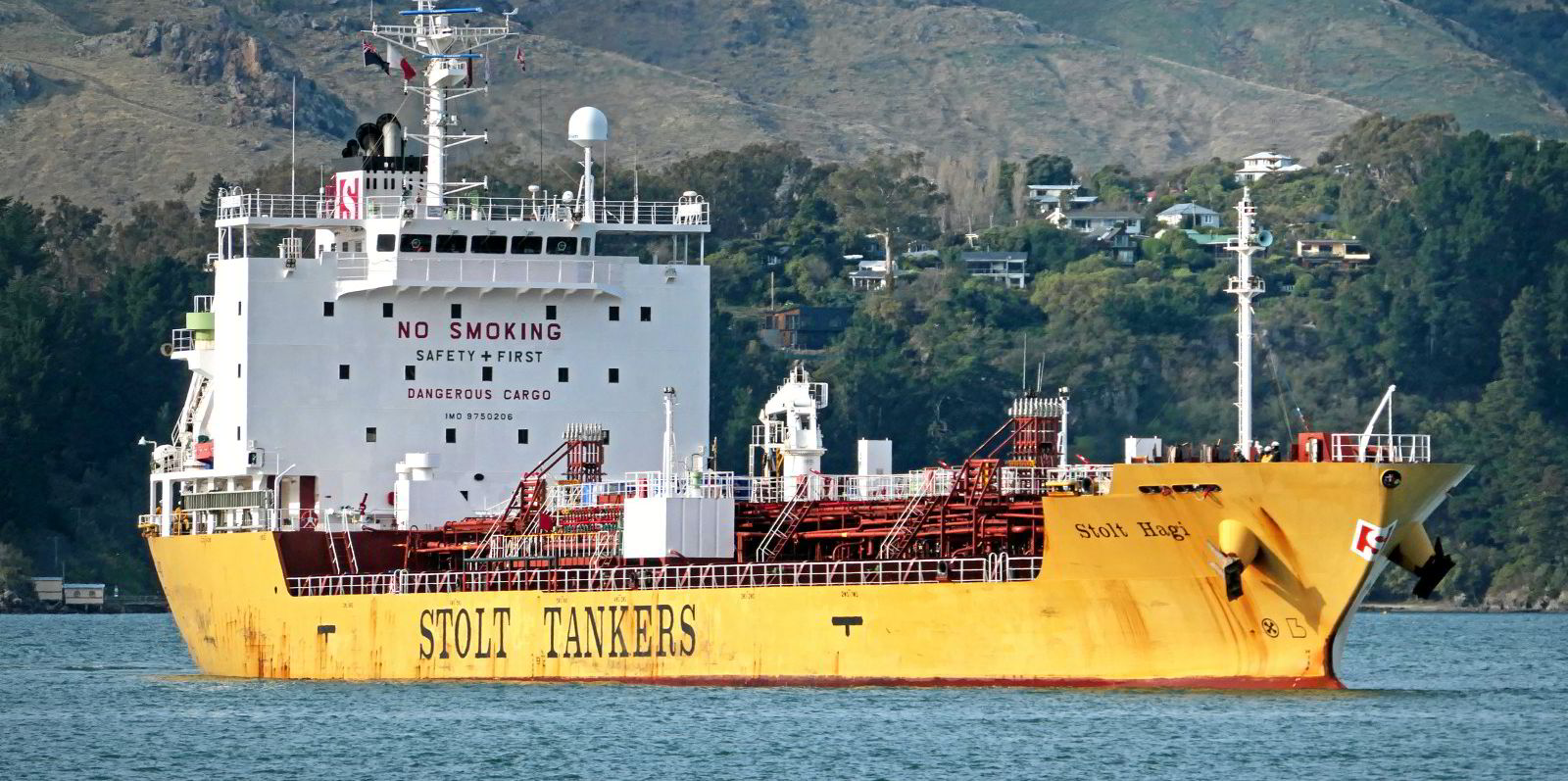Stolt-Nielsen owns ships. But its new chief executive urges you to stop thinking of it as a shipowner.
“I really never looked at Stolt-Nielsen as a shipping company,” said Udo Lange, who joined the company in September. “I looked at it as a ‘liquid logistics’ company. And that’s what really fascinated me.”
It is a strange assertion from the head of an Oslo-listed company with 90 chemical tankers — the largest fleet in the world by sheer numbers or dwt.
But the company has been quick to point out that it is also the world’s largest tank container fleet and the sixth-biggest terminal operator.
Case in point: Lange was asked about chemical tanker rates heading into the first quarter of 2024 and beyond during the company’s fourth-quarter earnings press conference last week.
He answered with thoughts about tank containers, which he said some companies were using as safety buffers, before arguing that rates would stay high but largely have plateaued as companies try to figure out how to handle shifting global trade patterns brought on by the Red Sea security situation.
For Lange, he saw minds changed at that moment.
“I know several people in the room actually had an ‘Aha!’ moment,” Lange said.
“They’re like, ‘Oh, wow, that makes sense, why they have all these different assets, because this is the value that they can generate for customers.’”
All the markings of a shipowner
The insistence Stolt-Nielsen is something other than a shipowner sounds like a strange one.
The company was founded by Jacob Stolt-Nielsen, himself a third-generation shipowner, then run by his son Niels for more than 20 years.
Its chemical tanker fleet is well ahead of its next closest competitor, Junzheng Energy, by 25 ships and nearly 1m dwt larger than second-place Odfjell.
Its tanker business brought in $1.7bn of revenue last year and raked in $305m in profit, more than 11 times the tanker container, terminal and aquaculture businesses combined.
“We need to compete in all three segments and we have to be wildly successful there,” Lange said.
The shift toward a focus on logistics and not shipping in the traditional sense suits Lange.
He said some of the chief supply chain officers he dealt with in previous posts at FedEx are the same ones he is working with at Stolt-Nielsen. He noted his doctoral dissertation was on building an integrated logistics provider.
The issue may be convincing the market.
As it stands, the company’s shares are covered by shipping equities analysts and investors look at the company as a shipowner.
Lange said analysts are beginning to understand, but that investors still undervalue the company.
“I was really excited actually, if you go today into the analyst reports, they picked up on what we did on the terminal business, that we have a rate optimisation strategy. They picked up on what is going on in the tank container business,” he said.
Once the market begins to shift its perception of Stolt-Nielsen, Lange said the company should be valued even higher, as the company is besting competitors in the logistics space.
Owning and operating ships
The push into a logistics space would not have big immediate impacts on the fleet, Lange added.
The company has said many of its older ships have undergone retrofits the company hopes can keep them trading into their 30s, while it has six newbuildings under construction in China.
Lange shares the belief with many in the tanker market that things will be strong moving forward if only because the orderbook is so low and building new ships so difficult that rates will not be cratered by a glut of newbuildings hitting the water.
The company has also grown its position in rival Odfjell from 5.3% to 13.6% a move Lange said showed its belief in the market and represented a good opportunity for Stolt-Nielsen shareholders.
“Some companies are in the business of making money from shipping but also generating money from buying and selling ships. That’s not really the business that we are in,” he said.
“In the market, we are in where we are right now, I want to hold on to the ships. They are generating an exceptional return.”





